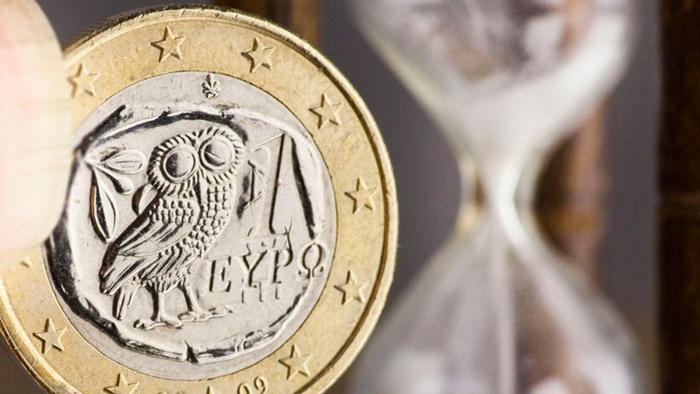
An eagerly anticipated EU paper promises 'Growth for Greece' if
its 30 steps are implemented. But there were no surpises when European
Commission President Jose Manuel Barroso presented the report in
Strasbourg.
A new EU paper promising "Growth for Greece" contains a total of 30 vital measures to improved Greece's competitiveness. Most of these are already in the current austerity program for the heavily indebted country but have not been implemented - particularly those that have become points of contention in the current Greek elections.
The measures range from the privatization of state-owned power plants, to the recapitalization of Greek banks, to an urgently needed, but repeatedly postponed pension reform. There is no new direct aid to Greece in the EU initiative, and the role of the European Central Bank as guardian of the stability of the common currency is not called into question.
New paper, old concepts
In Strasbourg, European Commission President Jose Manuel Barroso pointed out that Greece is already getting a lot of money from Brussels. Appearing before the EU Parliament, he said the resources earmarked for the country from the structural funds, loans and private debt relief correspond to 177 percent of Greek GDP - almost double the amount of money that Greece creates in a year. This is a clear sign of European solidarity, Barroso said. The Commission is making a huge effort to help Greece stand on its own feet, he said, adding that this course will continue in the future.
The report says the biggest problem facing the debt-ridden country is Greece's completely inefficient civil service, which is presently not in a position to carry out reforms, raise taxes or open markets to competition. Small and medium-sized companies in particular suffer from bureaucracy and corruption. "The reform of Greece must begin with administrative modernization," it said.
Administrative reform especially urgent
But employees in private companies can also expect cuts. In their paper, the EU experts assume that collective wage agreements in Greece will be set aside and private-sector wages will be reduced by another 15 percent by 2014, thus restoring the competitiveness of the Greek economy.
Barroso also struck a friendly note: "Greece and its people deserve support. The Greeks have made great efforts to implement the second austerity program." If all Greeks show determination and the EU supports them, Greece could make a change for the better, he said.
Fiscal consolidation and economic growth
The completion of the internal market offers the greatest growth potential in the EU, Barroso said. "We have drawn lessons from the past. We cannot afford debt-financed growth, in which some sectors grow at the expense of others."
EU Economic Affairs Commissioner Olli Rehn added that an overly ideological debate on financial management should be avoided. In recent years the national debt of all EU member states has grown, on average, from 60 to 90 percent of gross domestic product. For this reason, budget consolidation is just as important today as the initiation of growth, Rehn said.
Author: Jannis Papadimitriou / sgb
Editor: Mark Hallam

No comments:
Post a Comment